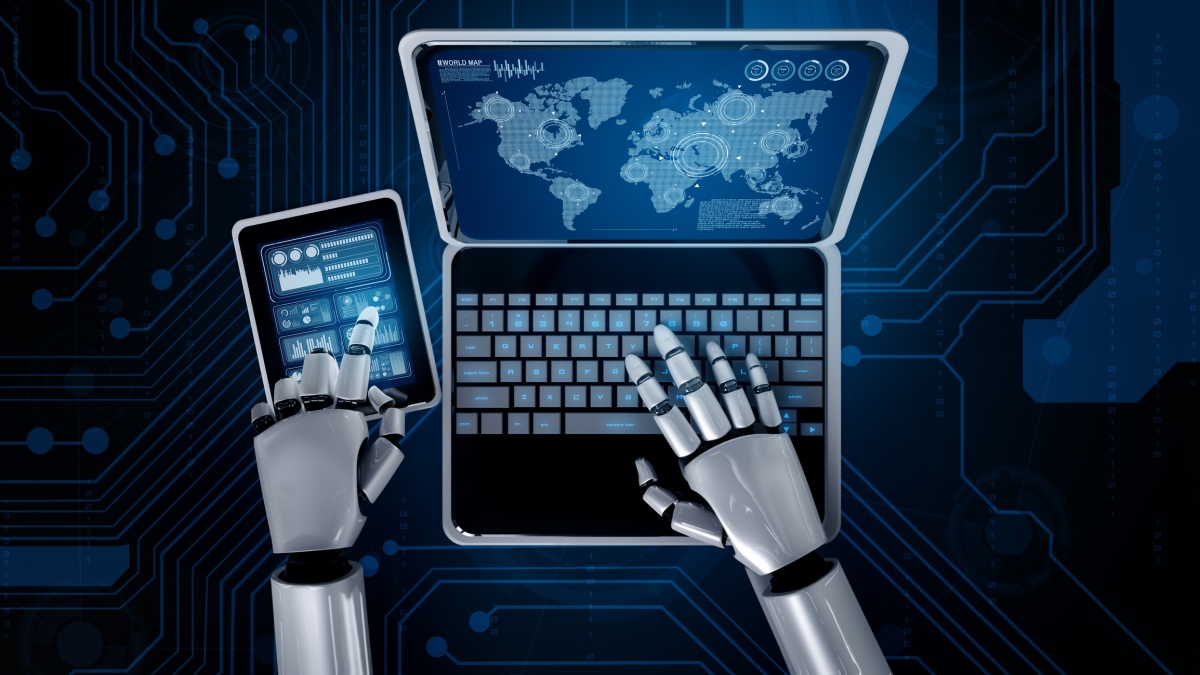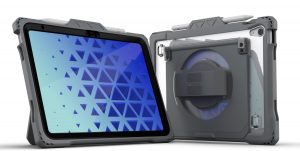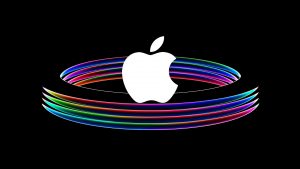
Databricks picks up MosaicML, an OpenAI competitor, for $1.3B
Investors aren’t the only ones who want to get their hands on hot tech companies in the field of AI: it’s also likely to spur a big wave of M&A, too: today, Databricks announced that it would pay $1.3 billion to acquire MosaicML, an open-source startup with neural networks expertise that has built a platform for organizations to train large language models and deploy generative AI tools based on them.
Prior to this, MosaicML had raised just under $34 million from investors that included DCVC, AME Cloud Ventures, Frontline, Atlas, Playground Global and Samsung Next, per PitchBook.
Notably its last investor-round valuation was just $136 million — meaning it’s leaped 10x with this exit, a remarkable price that really does underscore just how frothy the AI market is right now, as well as the demand for talent and tech is in the space.
Frothy, but only relatively speaking, considering that competitor OpenAI was valued at upwards of $40 billion in its last round from Microsoft. In that context, Databricks got a steal here.
The deal will see MosaicML become a part of the Databricks Lakehouse Platform, providing generative AI tooling alongside the Databricks’ existing multi cloud offerings, which include integration, storage, processing, governance, sharing, analytics and AI-related services.
The world is abuzz these days about OpenAI, and specifically the potential for where to apply the generative AI that OpenAI has popularized and made very accessible. But inevitably the Microsoft-backed parent of ChatGPT is not working in a vacuum, and others are emerging and growing to capitalize on the surge of interest in the space.
MosaicAI is no slouch in that regard. The penultimate version of its LLM, MPT-7B, has had 3.3 million downloads.
The key differentiators with Mosaic’s approach are two-fold. First, it’s open source. Second, it’s focused on organizations building their own LLMs that based on their own data. The company said that its latest release, MPT-30B, “has showcased how organizations can quickly build and train their own state-of-the-art models using their data in a cost-effective way.”
Its customers include the Allen Institute for AI, Generally Intelligent, Hippocratic AI, Replit and Scatter Labs.
“Every organization should be able to benefit from the AI revolution with more control over how their data is used. Databricks and MosaicML have an incredible opportunity to democratize AI and make the Lakehouse the best place to build generative AI and LLMs,” said Ali Ghodsi, Databricks’ co-founder and CEO, in a statement. “Databricks and MosaicML’s shared vision, rooted in transparency and a history of open source contributions, will deliver value to our customers as they navigate the biggest computing revolution of our time.”
Databricks said that the entire MosaicML team will join Databricks after the deal closes — a retention deal that likely could be one reason for the large price tag here.
CEO and co-founder Naveen Rao, an Intel alum will be part of the team staying on.
“At MosaicML, we believe in a world where everyone is empowered to build and train their own models, imbued with their own opinions and viewpoints — and joining forces with Databricks will help us make that belief a reality,” he said in a statement. “We started MosaicML to solve the hard engineering and research problems necessary to make large scale training more accessible to everyone. With the recent generative AI wave, this mission has taken center stage. Together with Databricks, we will tip the scales in the favor of many — and we’ll do it as kindred spirits: researchers turned entrepreneurs sharing a similar mission. We look forward to continuing this journey together with the AI community.”
There will likely be more M&A coming in this space. Databricks’ MosaicML news comes just one month after Snowflake, a sometimes competitor, made its own AI acquisition when it picked up Neeva, a startup that aimed to build out a new approach to search across consumer and enterprise using AI innovations. (The consumer part never took off, and Neeva sold up.)


